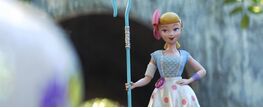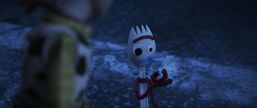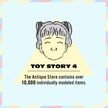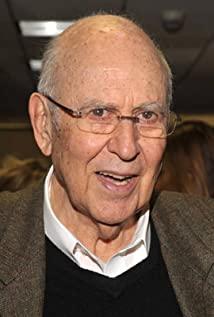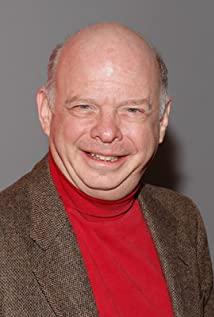This is the most "reactionary" anti-fighting soldier in history. There is not much heroic preaching in it, and all kinds of progressive elements are integrated, and several female characters are remarkable. And the protagonist of the protagonist, Woody, was neglected by the new owner Bonnie, so he became a dad.
The most important thing is that Woody is desperate for his master (child), but he finds that what he wants is not to be a servant who takes care of others. Toys are an important object for children to build self-knowledge. On the other hand, toys that have been anthropomorphized also use children to build their own ideals . And as a small-world law, they have to serve their masters and see that human beings cannot move. This is a sub-system under daily life . Woody, Gabi dolls are all "law-abiding" people, but Shepherdess is not. She doesn't want to seal the dust on the shelves, and she has given up her obsession with finding a master. She lives outside the judicial system and is already a lawbreaker. , the offender has no homeland, which means a great degree of freedom.
For the good man Woody, he still hopes to meet the needs of other "people", forks for Bonnie's sake, and sacrifices his voice to satisfy the desires of Gabby dolls. However, if we find that "dead objects" in the real world move, this kind of human-object relationship is the most terrifying. When you stare at the toy, the toy is also staring at you. Therefore, when toys have life and think like people, they have already broken the laws of human beings . No matter how human Woody looks like and how he does his best for the growth of children, he will not be able to achieve the status of human beings, that is, to obtain human rights.
This is a tragic setting. Toys must rely on children (owners) to exist, and children have unlimited control over them. Here, only the Shepherdess lives most like a free person, and the other "people" still have to abide by the slave morality. This is the fate of the toys. Children and the human world above them determine their life and death (such as the perverted children and the adults who threw their toys away in the first episode), but they are also the home of their ego ideals . A series of rescue operations in the antique store also made them "autistic". Except for Woody, no one has the obligation and determination to be responsible for the children.
Therefore, the most terrifying thing about this film is not jumpscare, but the idea that people are accustomed to - people must control things, and the image of things is always humanized, so even humanized objects are "contaminated" with such habits . Even if Woody decides to wander around the world with the shepherdess, they are still looking for owners for the toys. This process of identifying the owner has become an endless cycle. They are almost the same as adults' notions of filial piety, obedience to parents and the laws of the state. Therefore, the biggest breakthrough of this film compared to the first three is that some toys have become human, and they begin to give up their masters and seek freedom, but they are returning to the old order. After Woody left, do you still need a master? I have no idea.
View more about Toy Story 4 reviews




